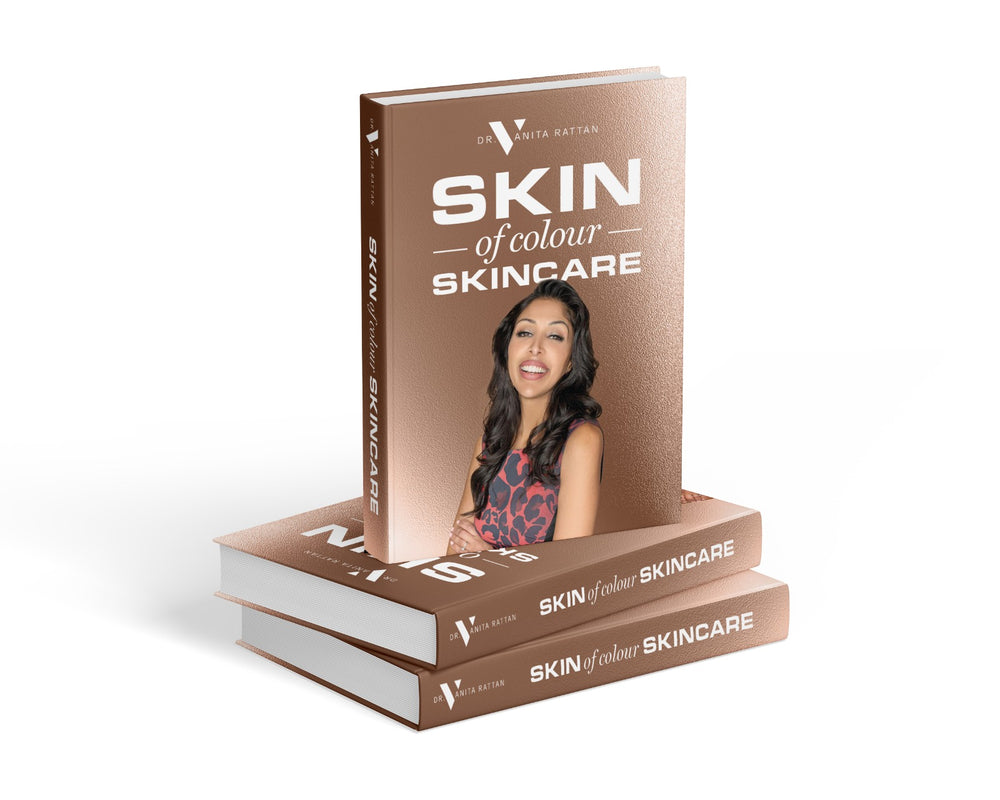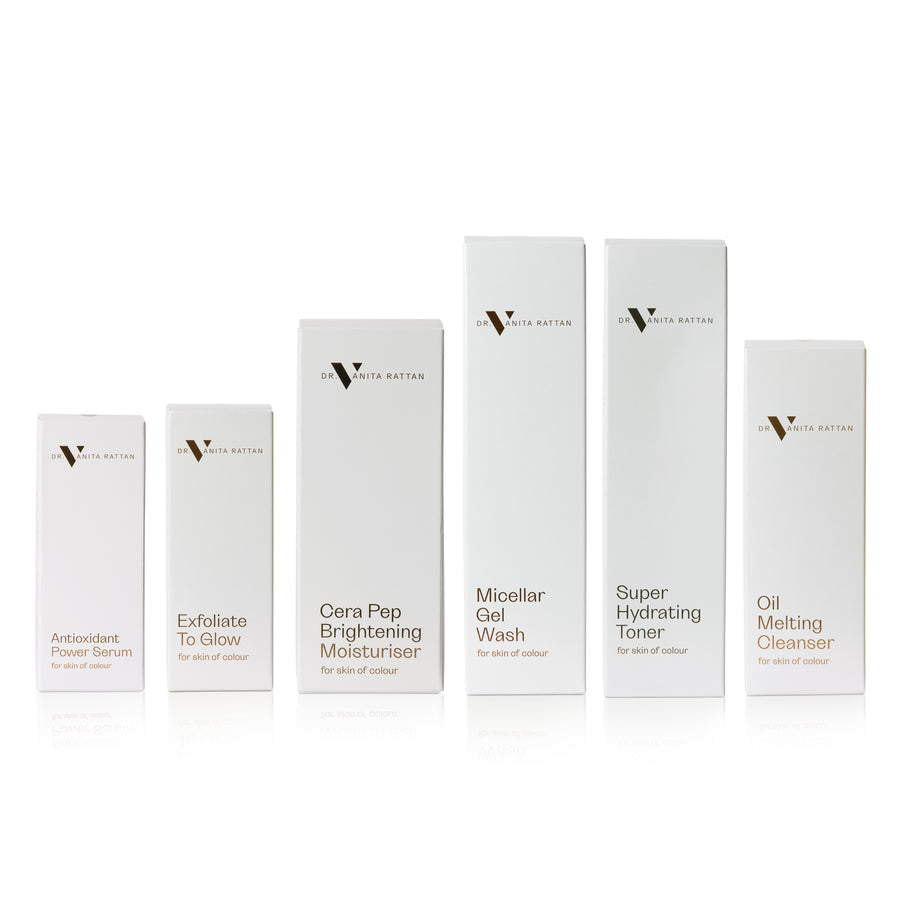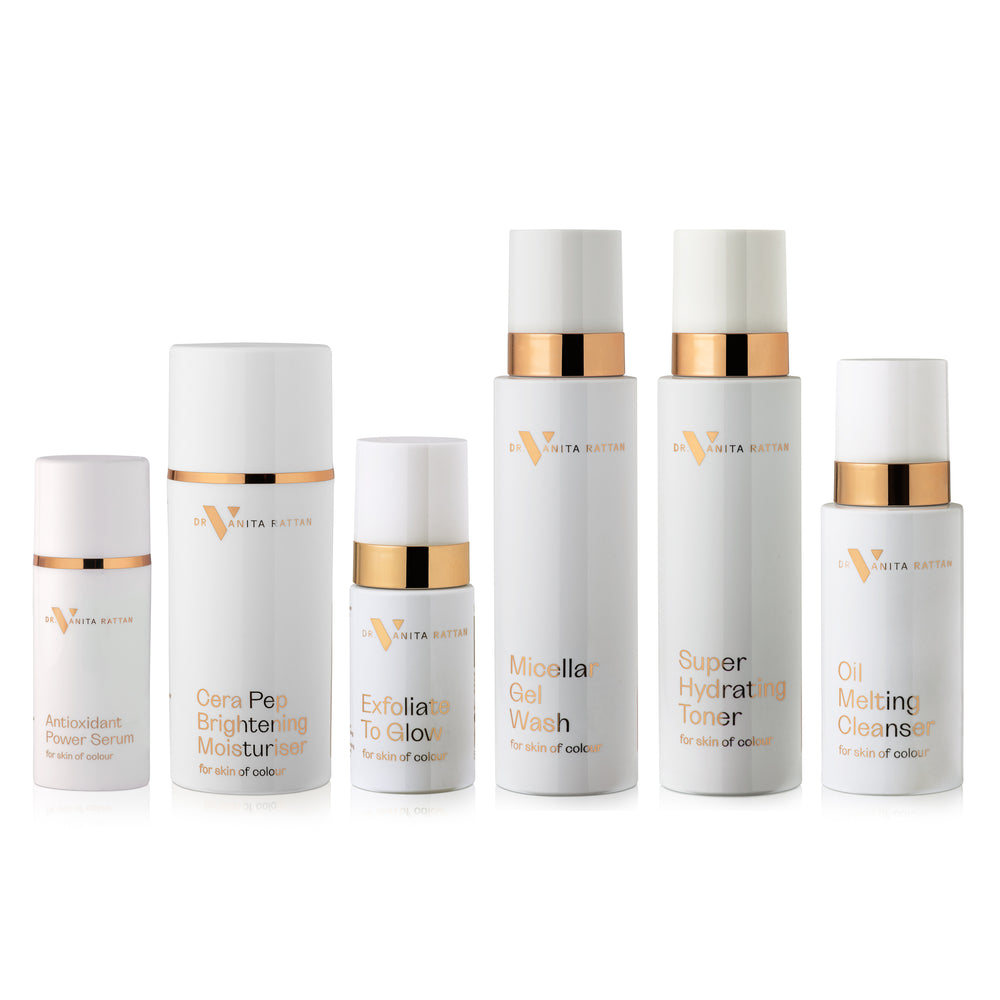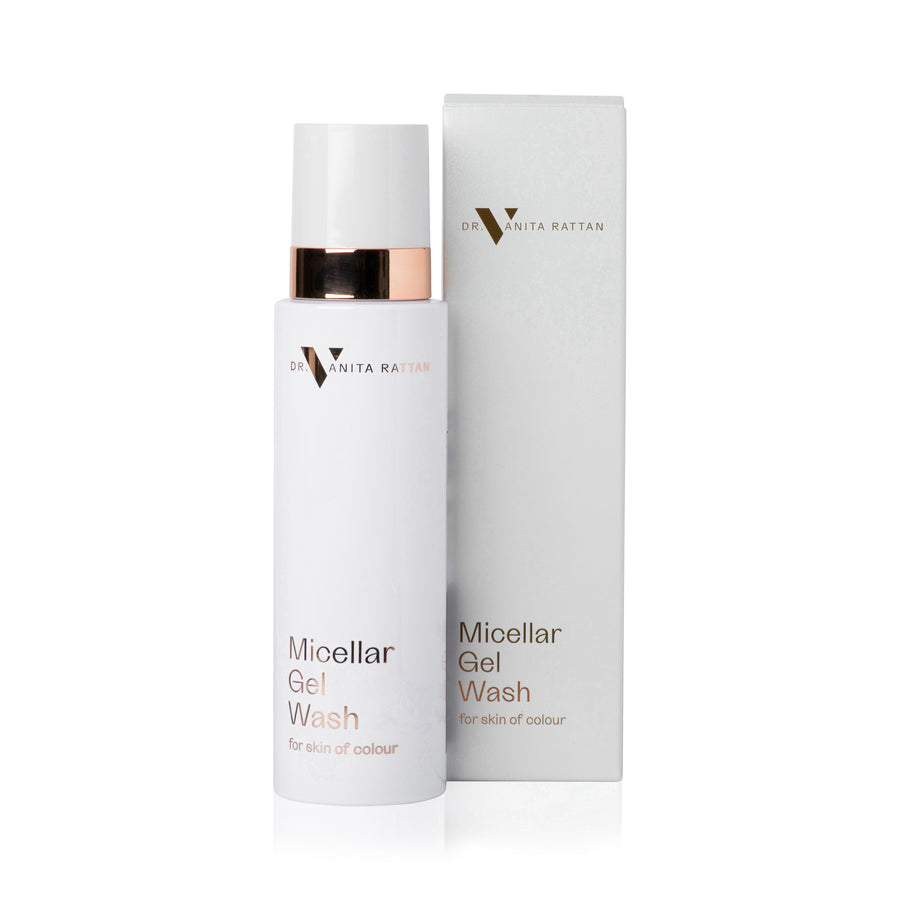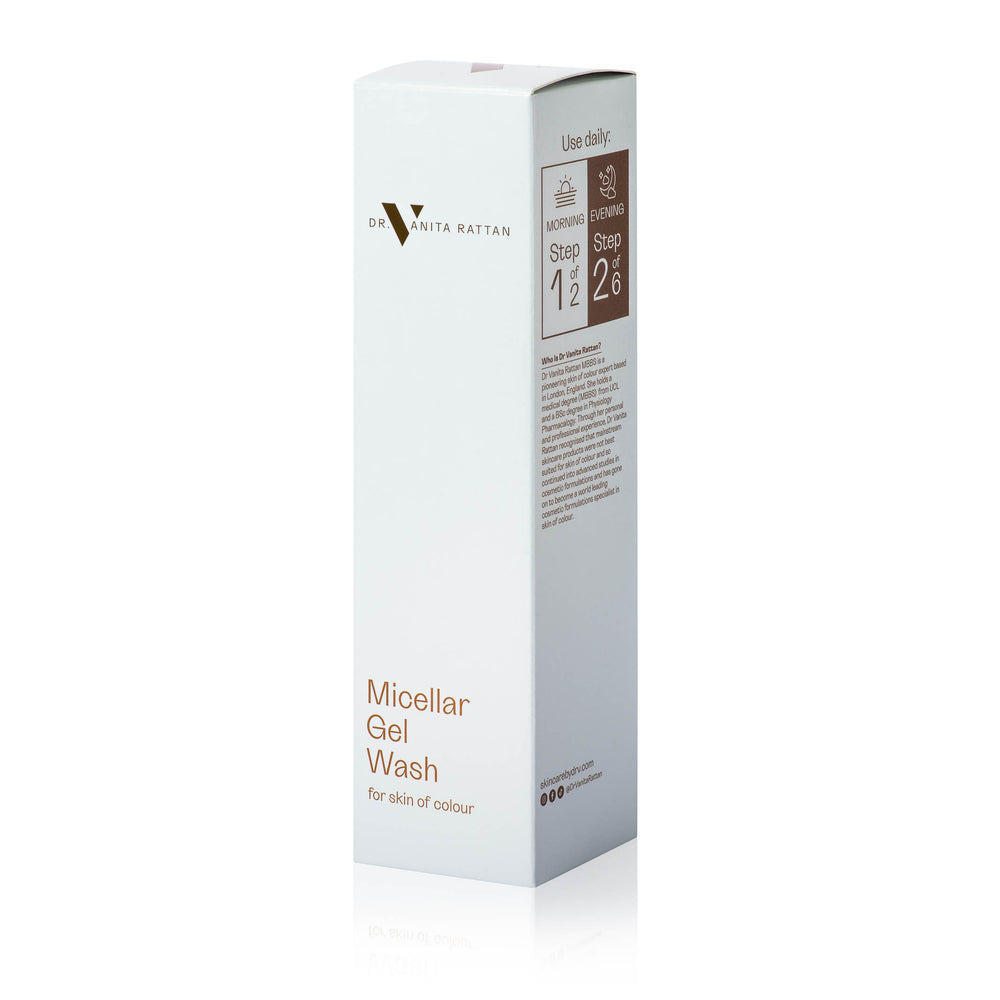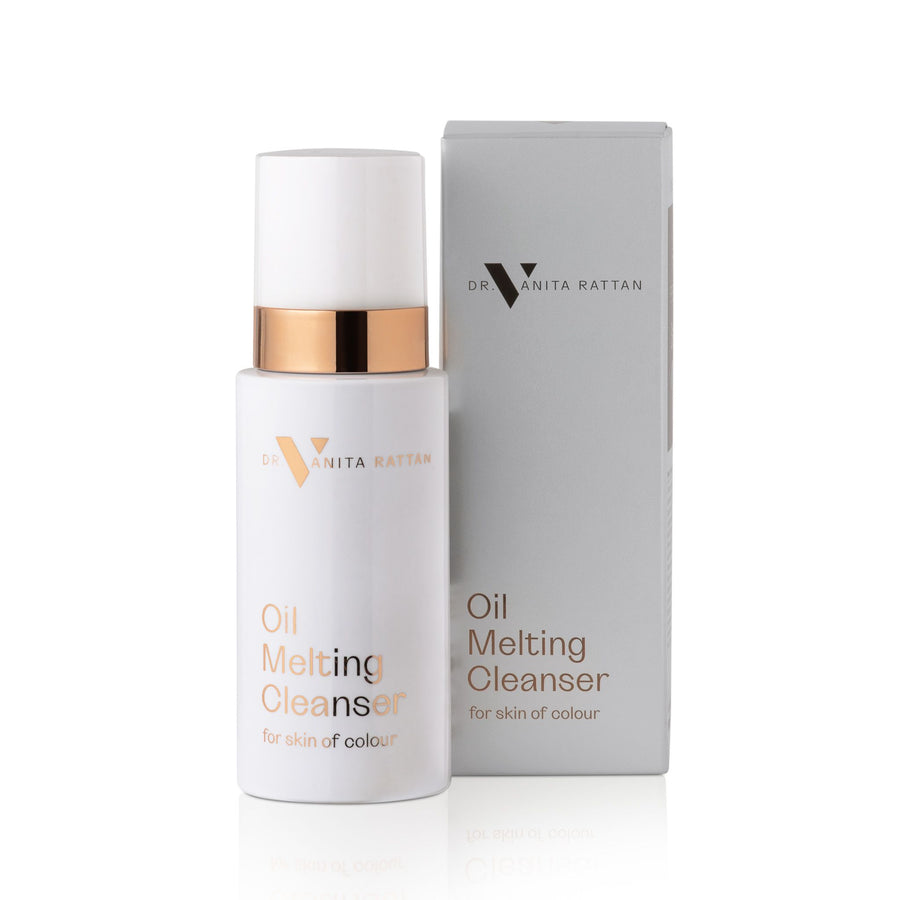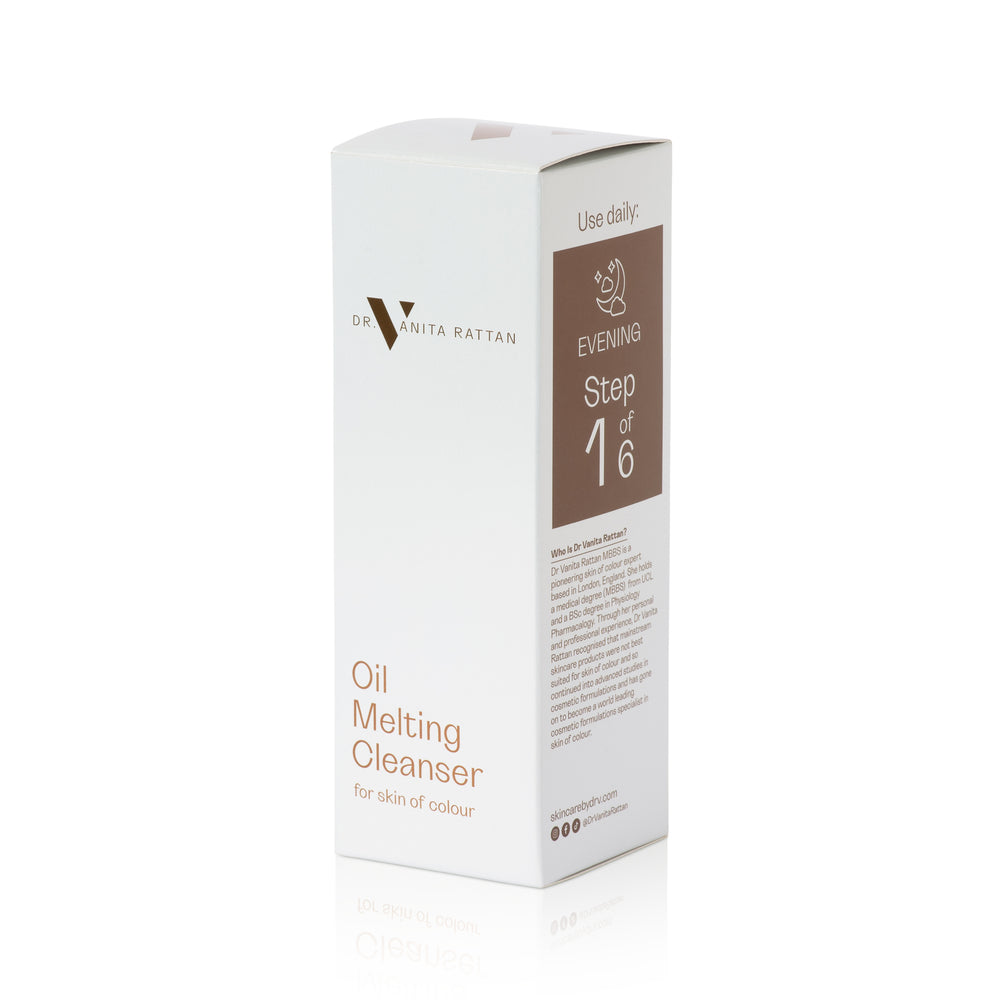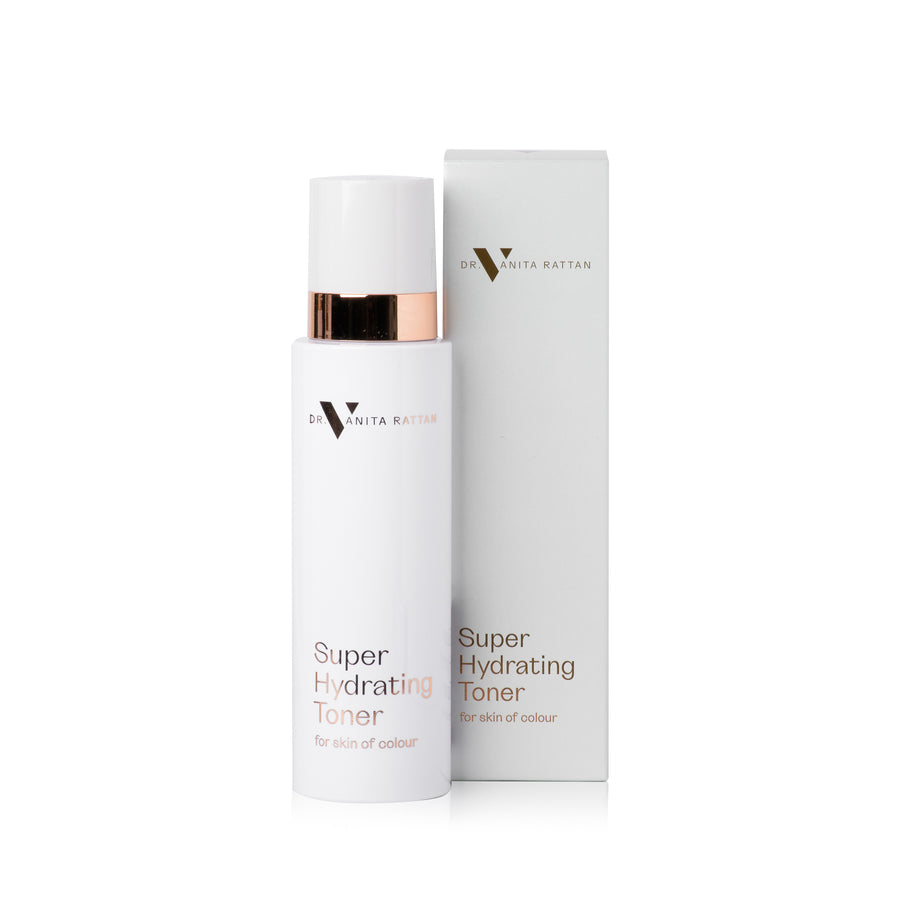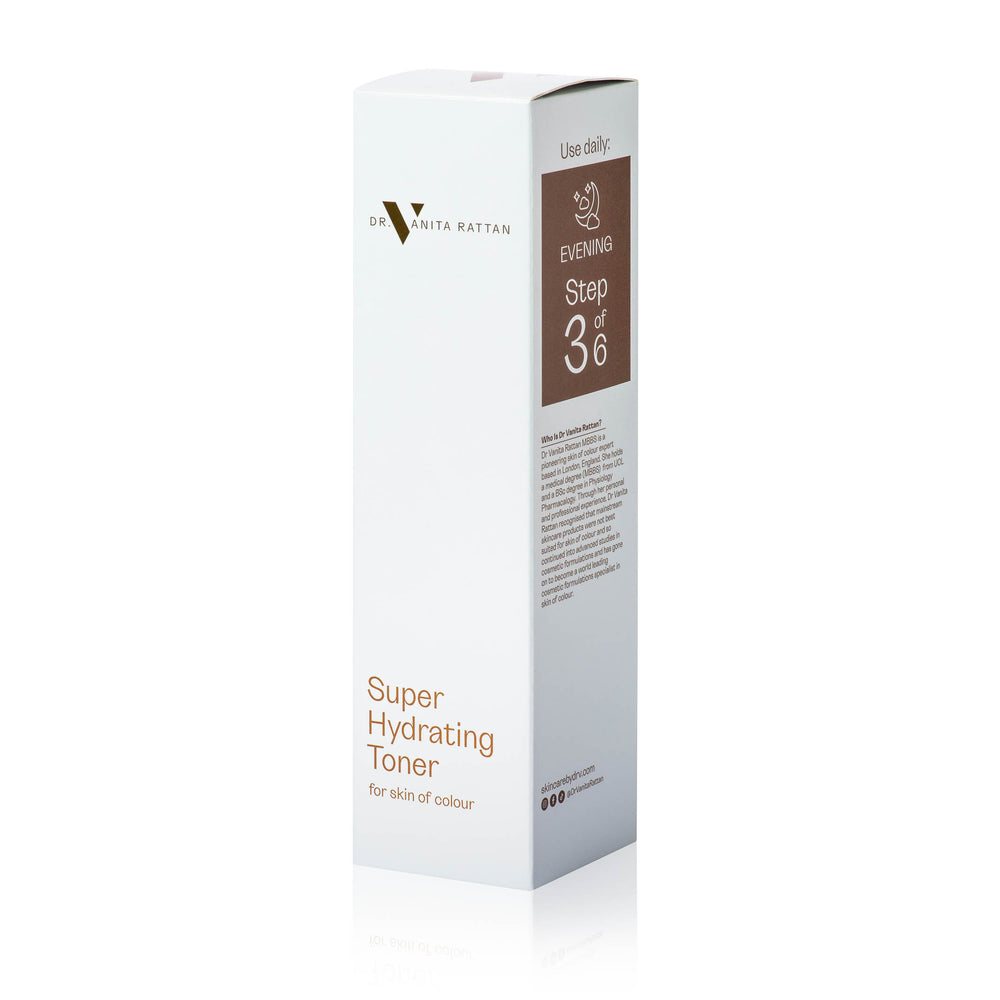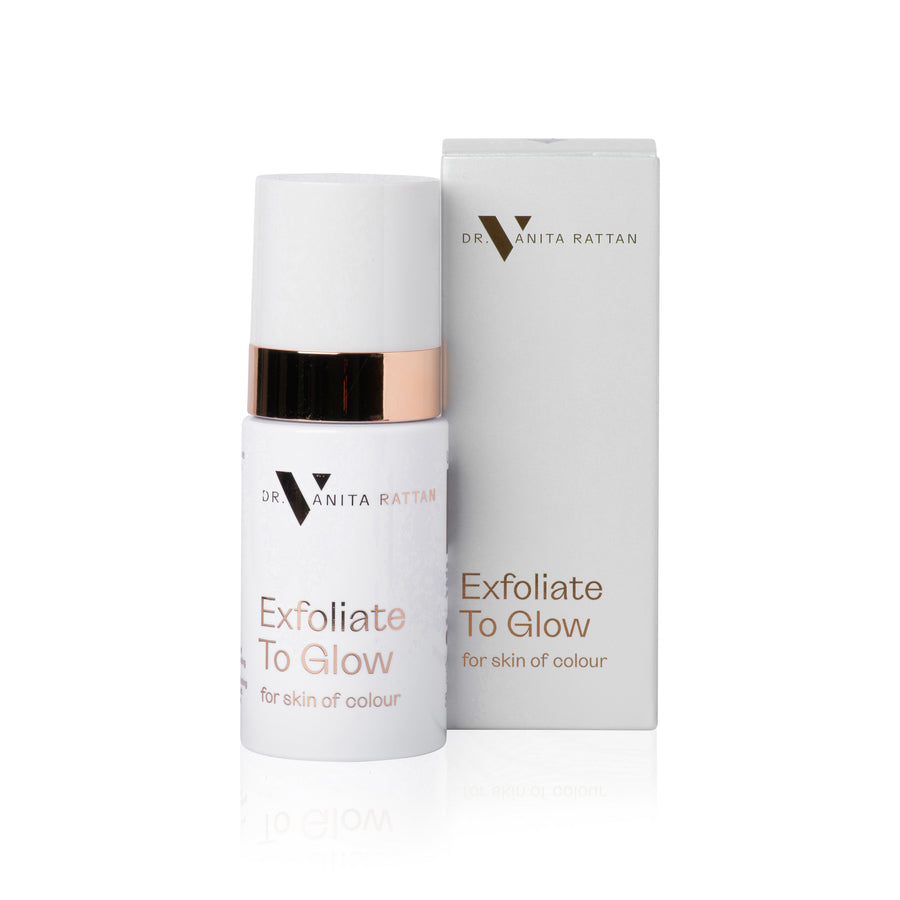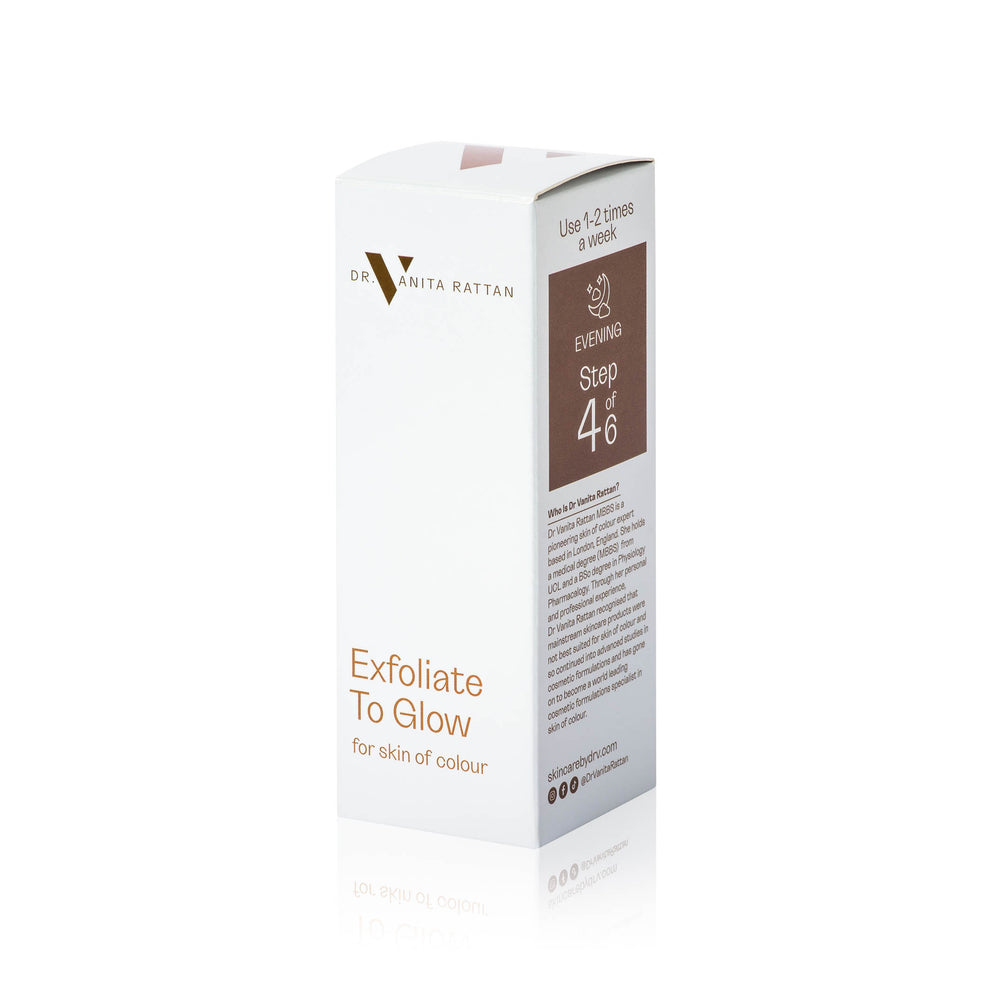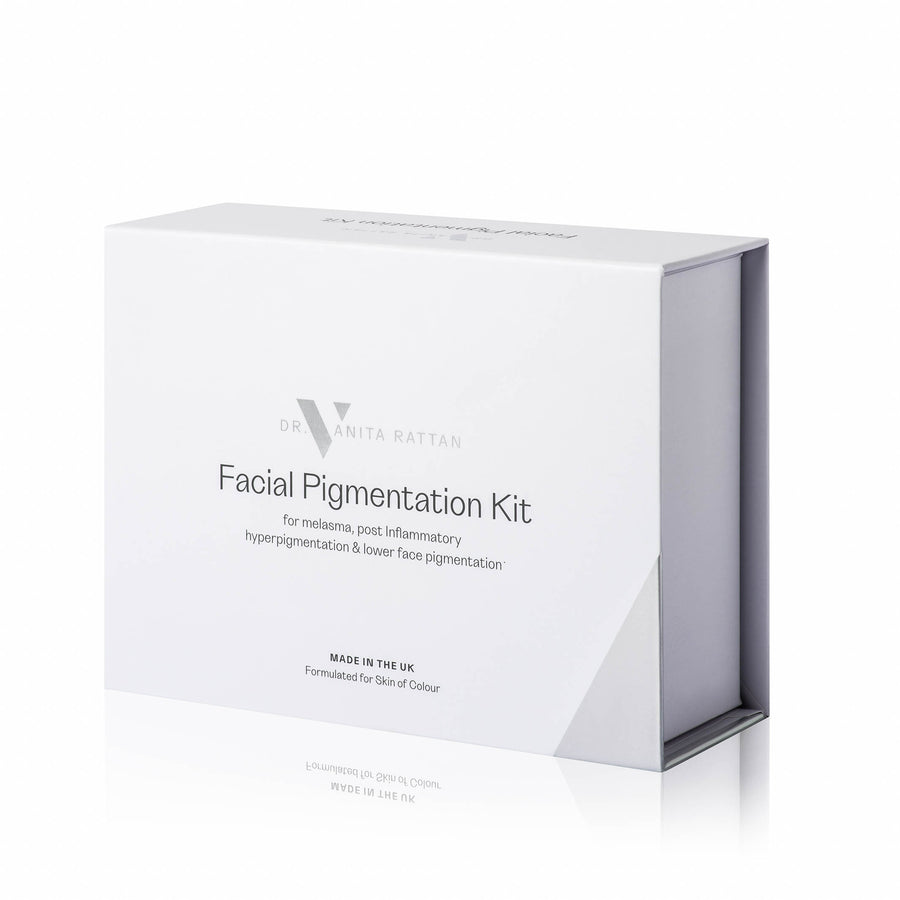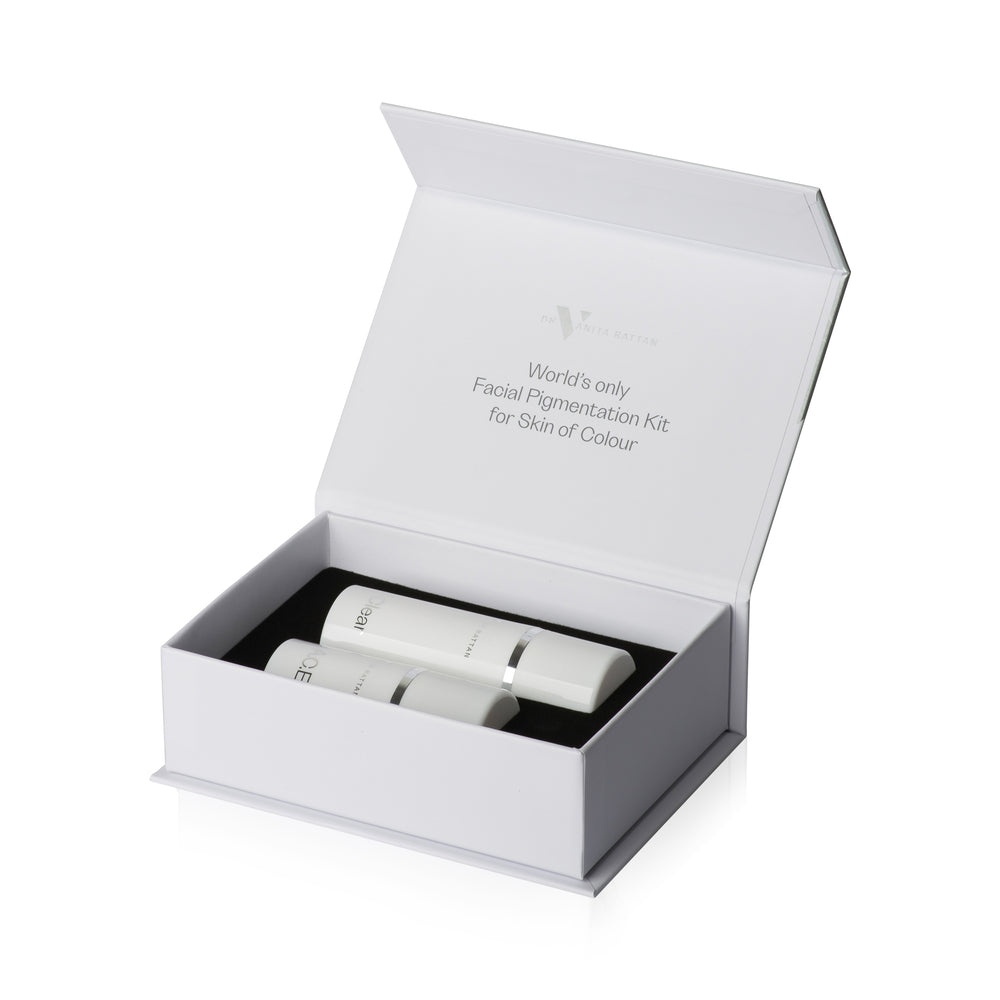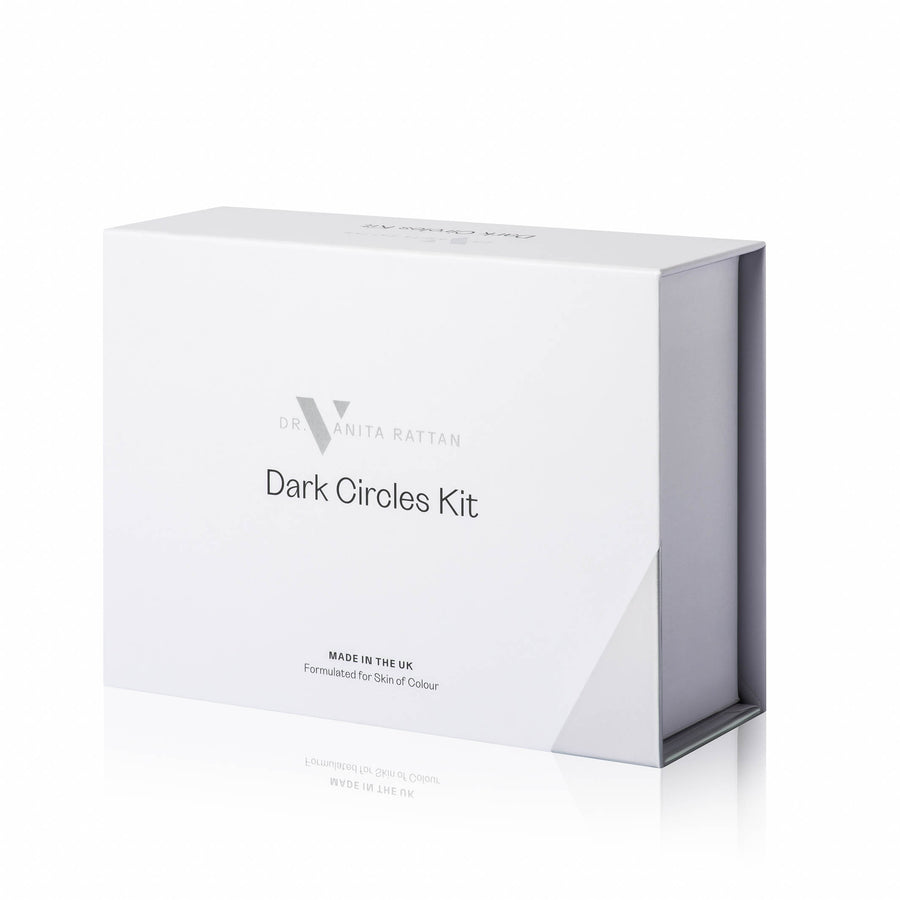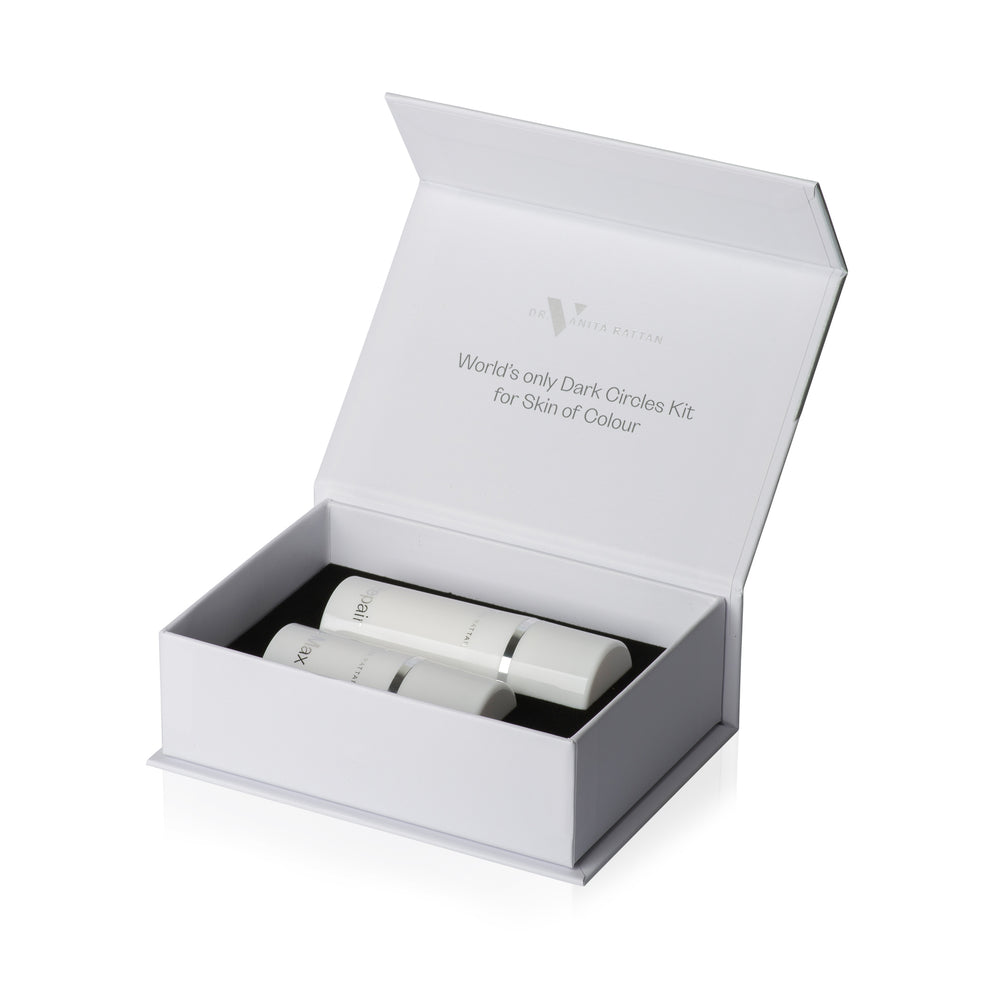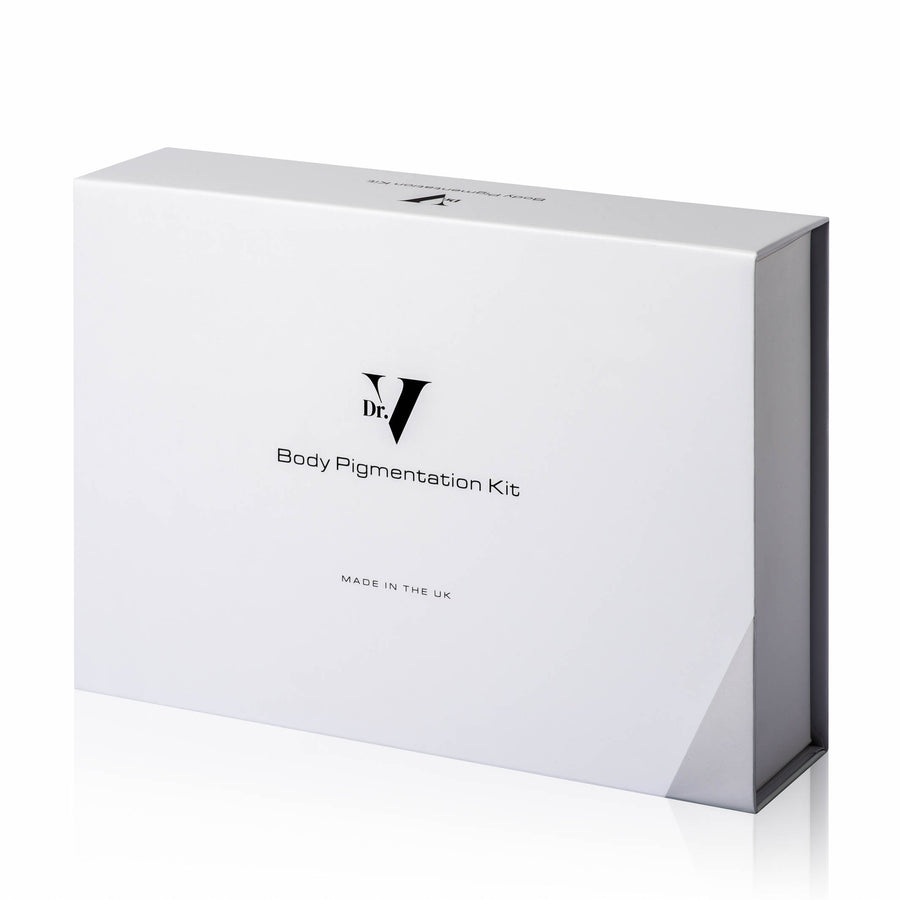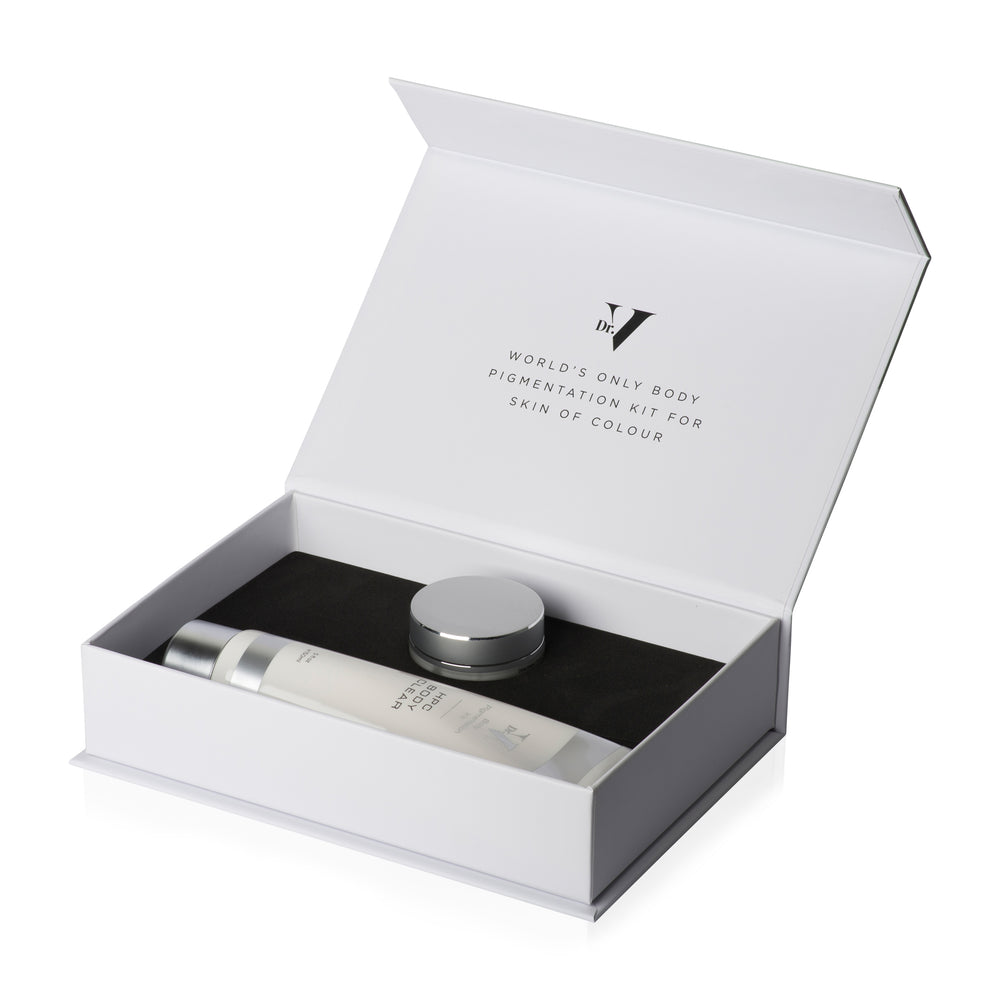How to Repair a Damaged Skin Barrier

The skin barrier refers to the outermost layer of the skin, known as the stratum corneum. It plays a crucial role in protecting the body from external threats such as bacteria, viruses, and environmental pollutants, as well as preventing water loss and maintaining hydration.
This barrier function is essential for maintaining overall skin health and preventing issues like dryness, irritation, and infection. When the skin barrier is compromised, it can lead to various skin problems such as eczema, dermatitis, and increased sensitivity. Therefore, maintaining the integrity of the skin barrier is essential for overall skin health.
Signs of a Damaged Skin Barrier:
- Dryness and flakiness: A damaged skin barrier can have dry, flaky skin that feels tight and uncomfortable.
- Redness and irritation: If your skin is red, inflamed, or itchy, it could be a sign of a damaged skin barrier.
- Breakouts: When the skin barrier is weakened, it becomes less effective at protecting against bacteria and other irritants, leading to increased breakouts.
- Sensitivity: A damaged skin barrier can make your skin more sensitive to products and environmental factors.
Causes of a Damaged Skin Barrier:
- Over-exfoliation: Exfoliating the skin is essential for removing dead cells and promoting cell turnover. However, over-exfoliation, whether through chemical exfoliants like AHAs and BHAs or physical scrubs, can strip away the skin's protective layer, leaving it vulnerable to damage.
- Irritating ingredients: Skincare products containing fragrances, denatured alcohol, essential oils, and high concentrations of active ingredients like niacinamide, retinol, and vitamin C can irritate and weaken the skin barrier.
- Environmental factors: Exposure to UV rays, pollution, harsh weather conditions, and other environmental stressors can weaken the skin barrier over time, compromising its ability to function effectively.
- Genetics and age: Factors such as genetics and age also contribute to the weakening of the skin barrier. As we age, the skin naturally becomes thinner and less resilient, making it more susceptible to damage.
Preventing a Damaged Skin Barrier
Here are a few things to keep in mind to prevent a damaged skin barrier in the first place.
- NAFE-safe: Always use NAFE-safe skincare products. NAFE stands for ‘No denatured alcohol, No fragrance, and No essential oils’. Denatured alcohol is a volatile skincare ingredient and dries out the skin. Similarly, essential oils and fragrances in skincare lead to sensitivity and contact dermatitis respectively. People with skin of colour should be more aware of the ingredients in our products. This is because the melanocytes, the cells that produce melanin pigment, are larger in darker skin tones. These melanocytes can easily be triggered, leading to hyperpigmentation. Remember: One scratch, one bite and one burn and we hyperpigment.
- Avoid physical scrubs: Physical scrubs are abrasive and can cause micro-tears to the skin. They over-strip the top layer of the skin, leading to a compromised skin barrier. To remove the dead skin cells, always go for gentle chemical exfoliants such as AHAs and BHAs. Dr Vanita Rattan Exfoliate to Glow exfoliant is perfect for skin of colour as it gently removes the dead skin cells and instantly brightens up the skin.
- Gentle face wash: Over-cleansing the skin is a big no-no for skin of colour. Always pick a gentle face wash such as Dr V Micellar Gel Wash. It contains skin barrier strengthening ingredients such as niacinamide as well as soothing and hydrating ingredients like centella asiatica and glycerin, which cleanses the skin without drying it out.
- Protect your skin from the sun: UV rays can damage the skin barrier, so it's essential to protect your skin from the sun. Use a broad-spectrum mineral sunscreen with an SPF 50 every day, even on cloudy days.
- Hot showers: Steaming hot showers can also irritate the skin. Use lukewarm water to maintain a healthy skin barrier.
How to heal a damaged skin barrier?
- Ingredients to avoid: If your skin has been compromised, you should stop using exfoliating acids and anti-ageing skincare actives like retinol, salicylic acid, lactic acid, glycolic acid, and vitamin C as they will do no good for your skin.
- Best Ingredients: One of the best ways to repair a damaged skin barrier is to keep your skin hydrated. Look for humectants, ceramides, anti-inflammatories, gentle surfactants, and occlusives. Ceramides: To prevent water loss and protect against environmental stressors. Glycerin: To attract moisture from the environment and lock it into your skin, keeping it hydrated and supple. Balanced skin pH: The ideal skin pH should be about 5 to 6. Anti-inflammatories such as aloe vera, chamomile, and green tea are important to soothe the skin and reduce redness, itching, and swelling. Occlusives: They help seal the skin with a water-protective barrier.


